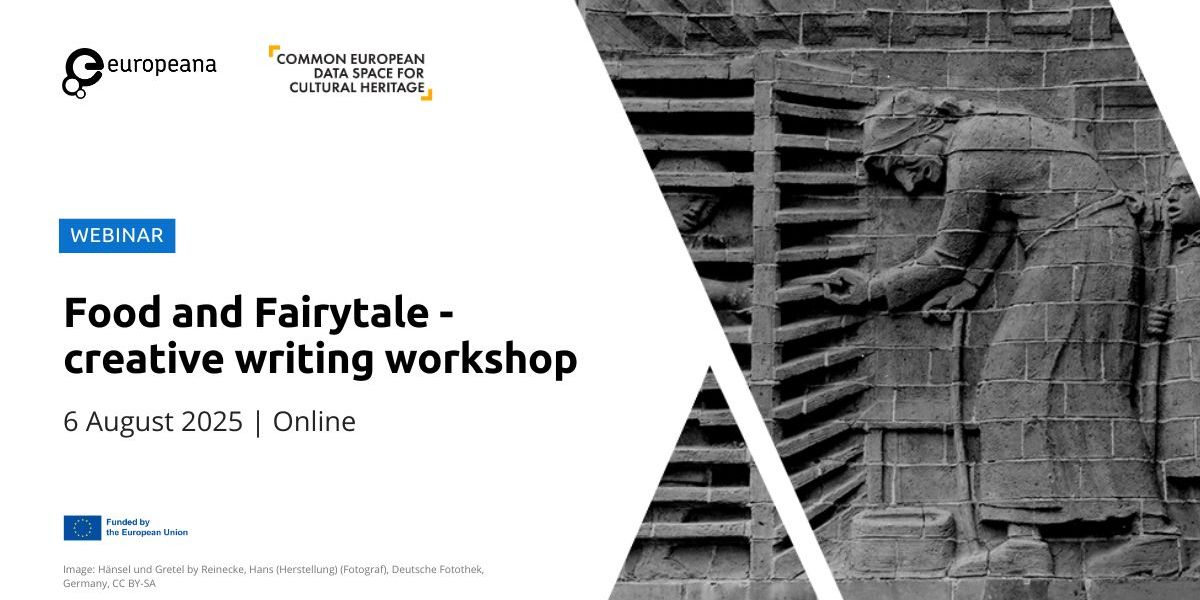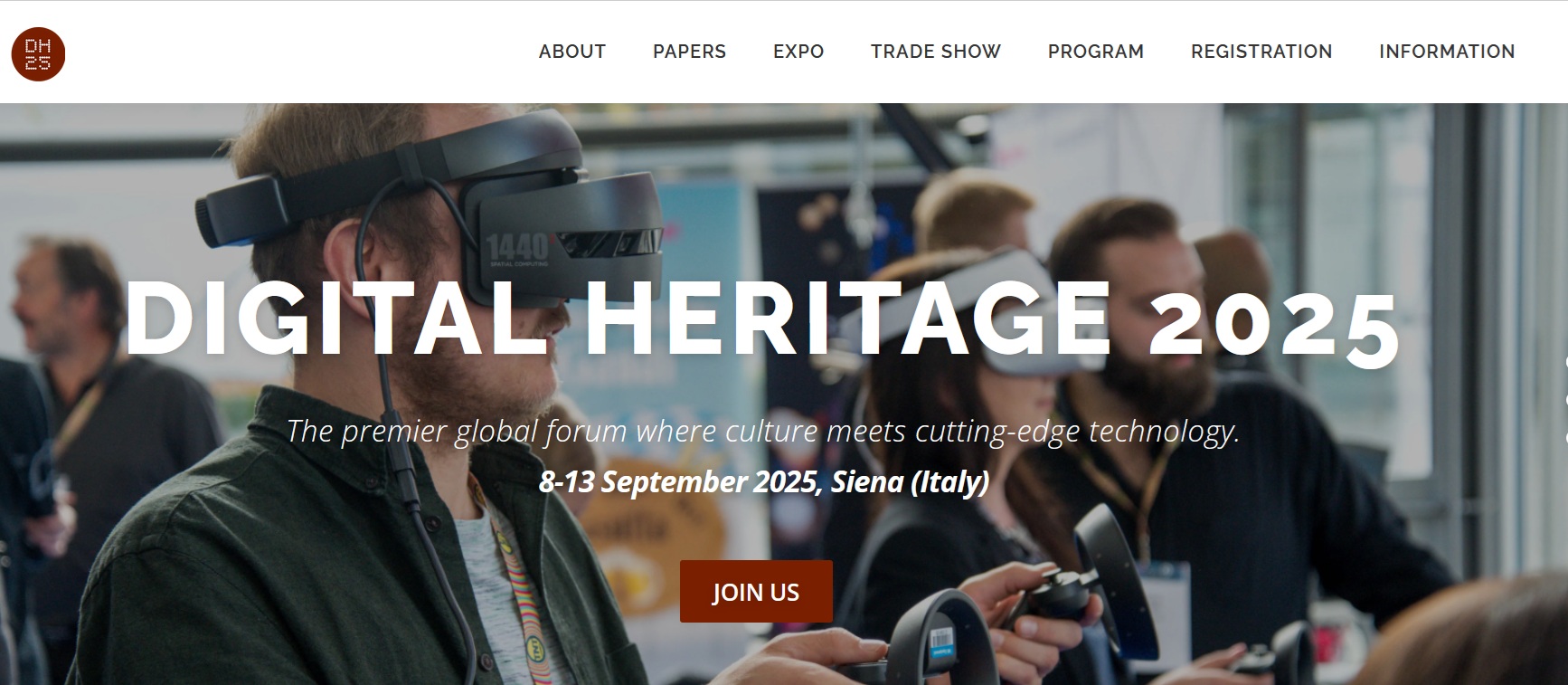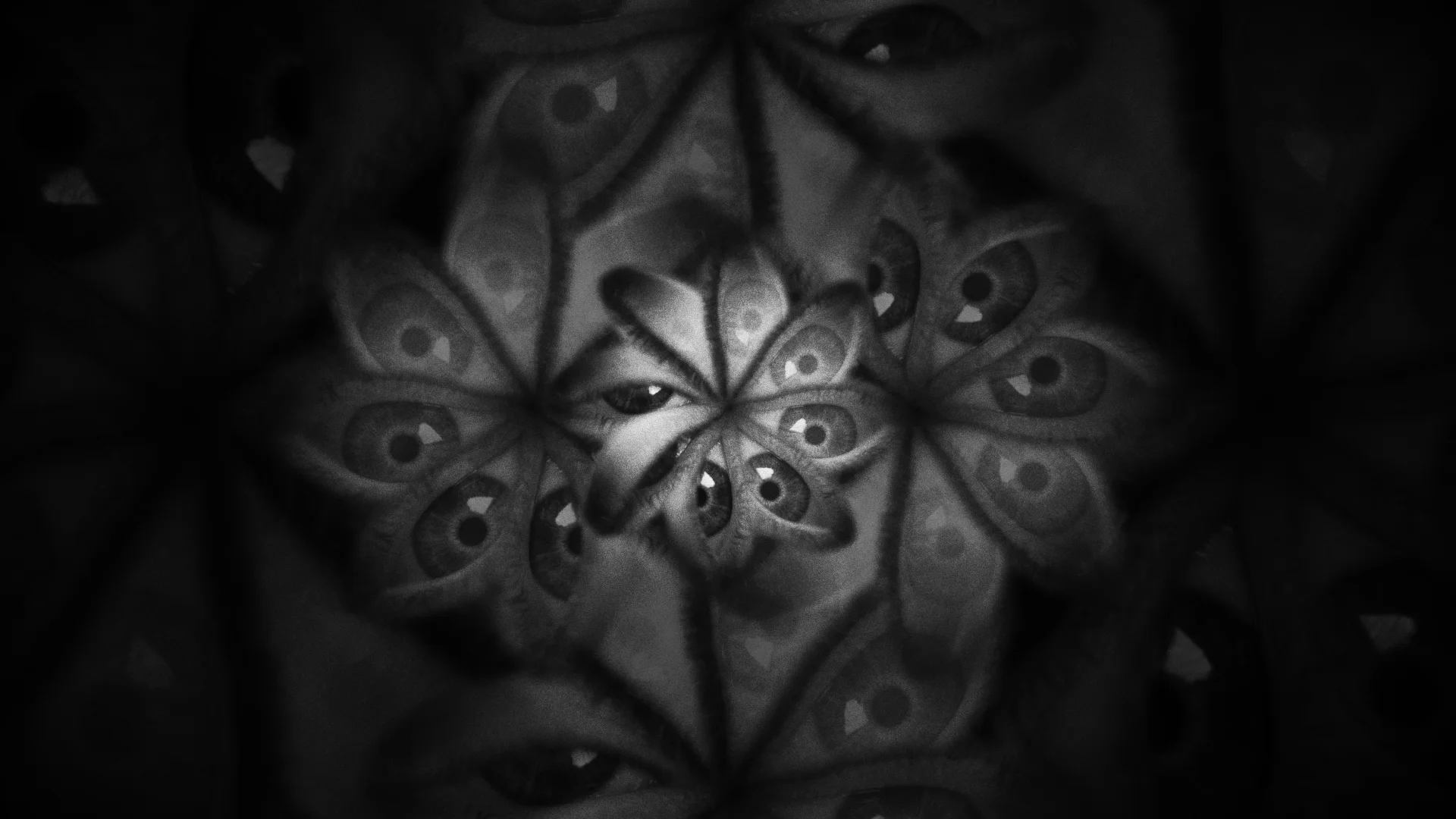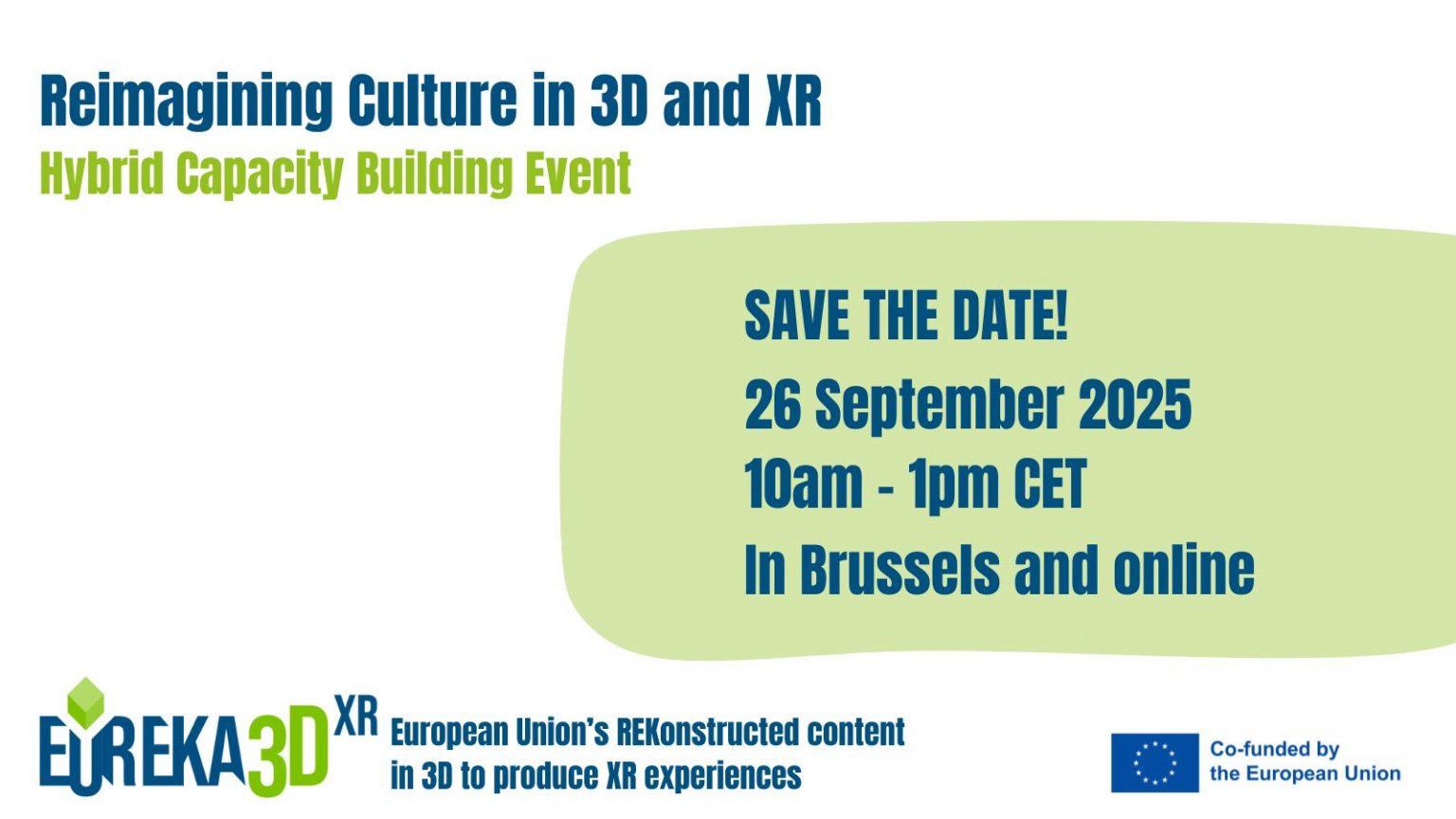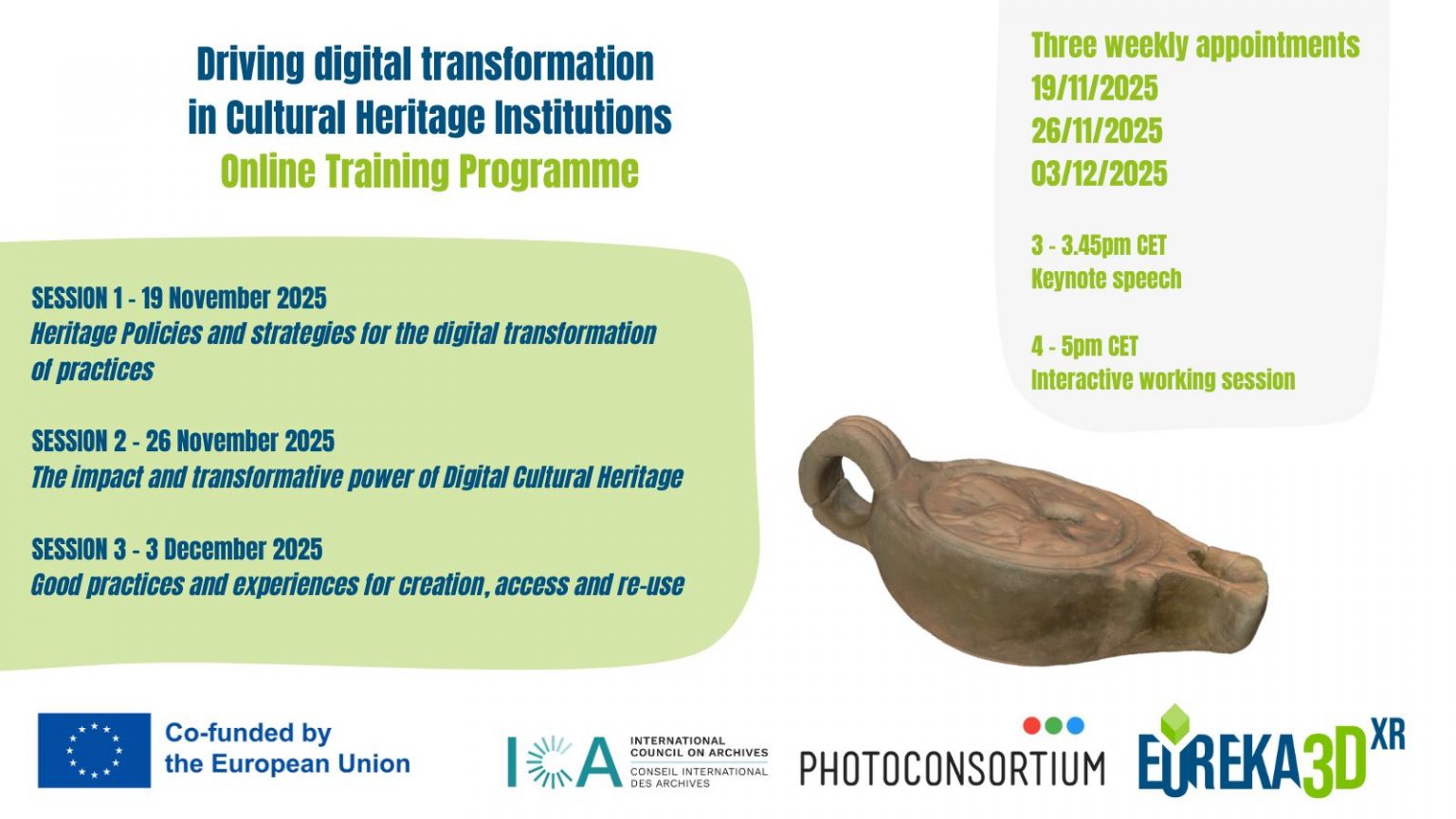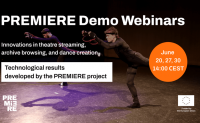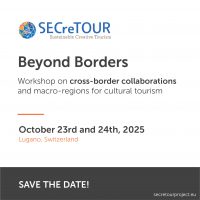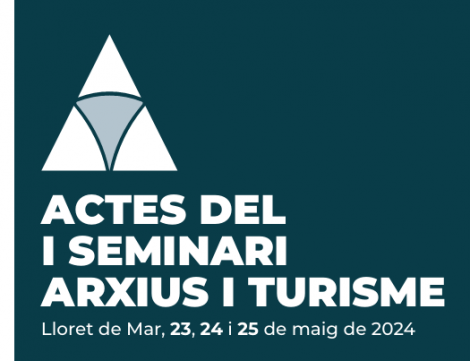INCULTUM was invited to take part as a guest of the public session of RURITAGE Final Conference, that takes place in June at the UNESCO HeadQuarters in Paris.
The programme of the 2-days event includes various session and particularly during the second day the 10th June was organized a public event: the Rural Regeneration Conference, whose first session was dedicated to the EU Regeneration Workshop.
View agenda (PDF, 317 kb)
This first part involved representatives of local communities within rural territories participating in EU funded projects networking with RURITAGE, discussing the aspects of our paradigm (such as heritage as driver for rural development, rural challenges, sustainable tourism, etc.). Focus of this session will be the methodological approach and the local communities, grouping in RURITAGE with projects establishing local hubs and/or living labs, that could inspire RURITAGE consortium.
For this reason INCULTUM was invited as an Inspirational example with regards to cultural tourism, and presented by Network Coordinator Antonella Fresa, Promoter s.r.l.
Download INCULTUM presentation (PDF, 5 Mb)
Overall scopes of the event were:
- to present results of regeneration led strategies to Eu regional and national stakeholders, in particular from countries where actions were implemented.
- to exchange view on potential uptake of Ruritage innovative solutions in other EU territories
- to deliver an information Session on Rural Regeneration Presentation of final major outcomes to UNESCO Member States and to EU/UN representatives
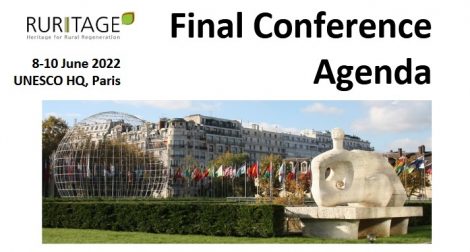


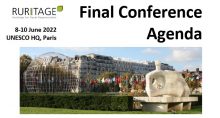
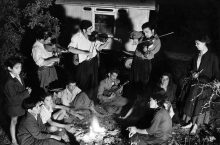
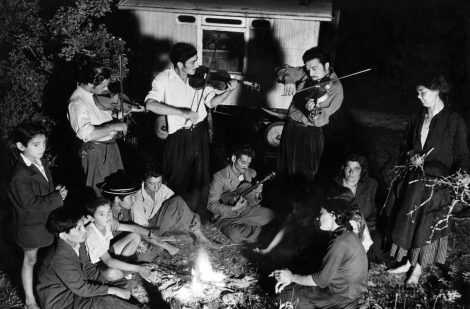
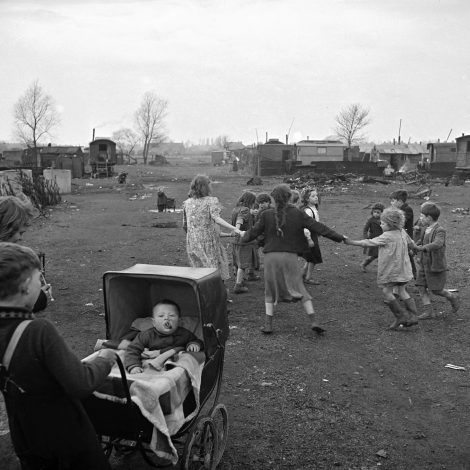
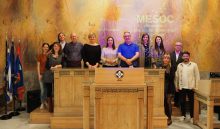
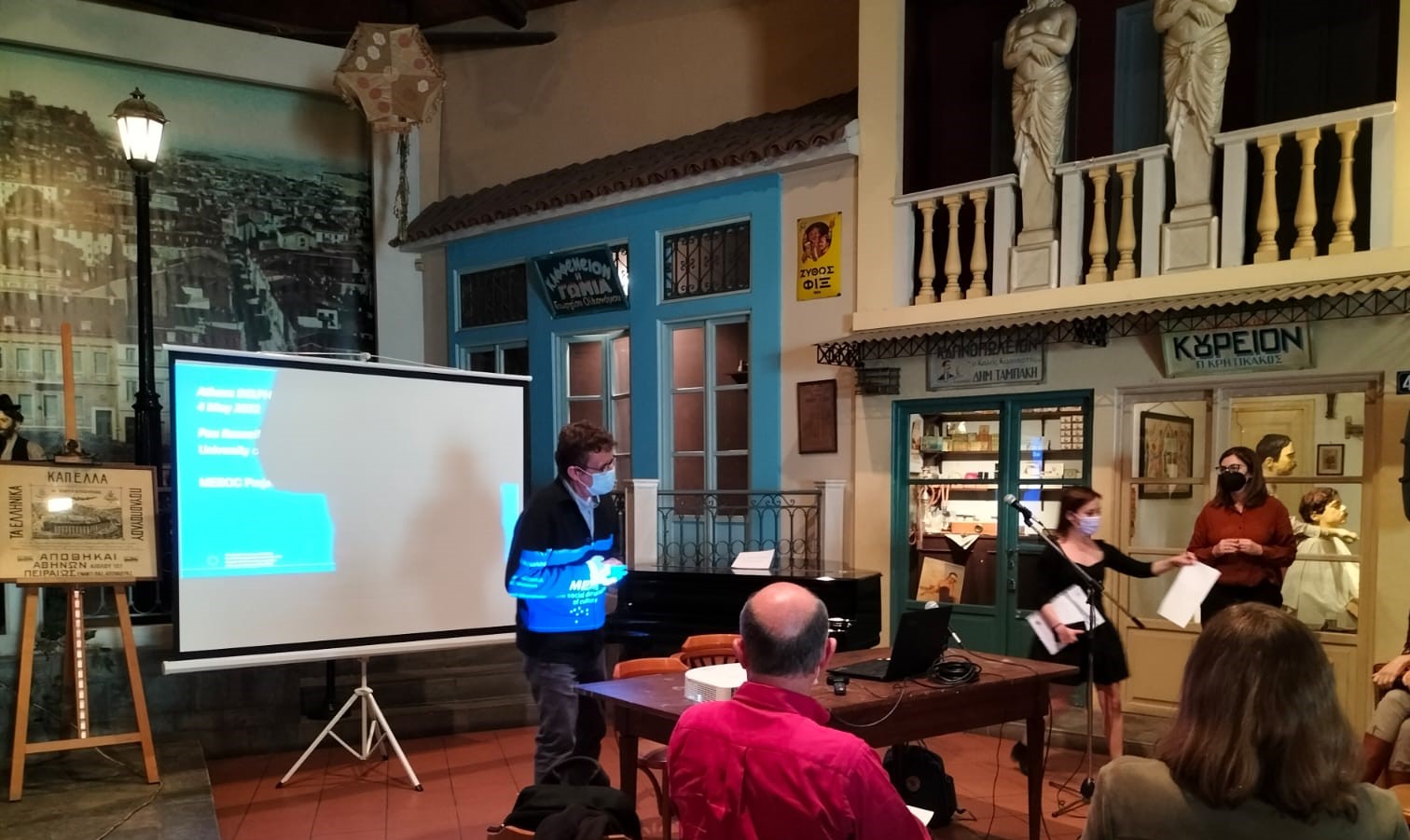 These days, from 4 to 6 May 2022,
These days, from 4 to 6 May 2022, 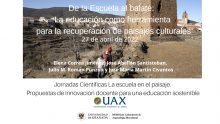
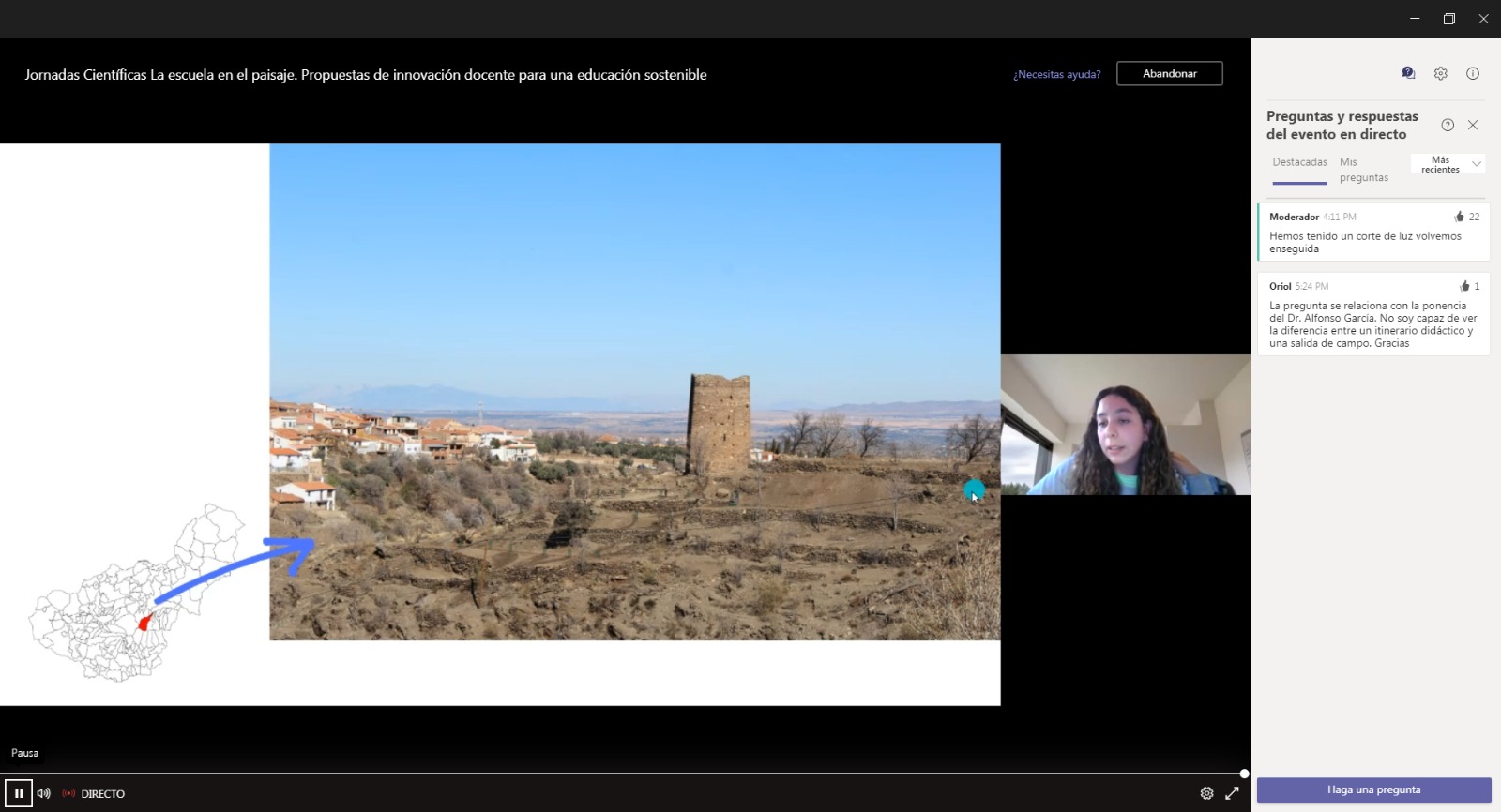
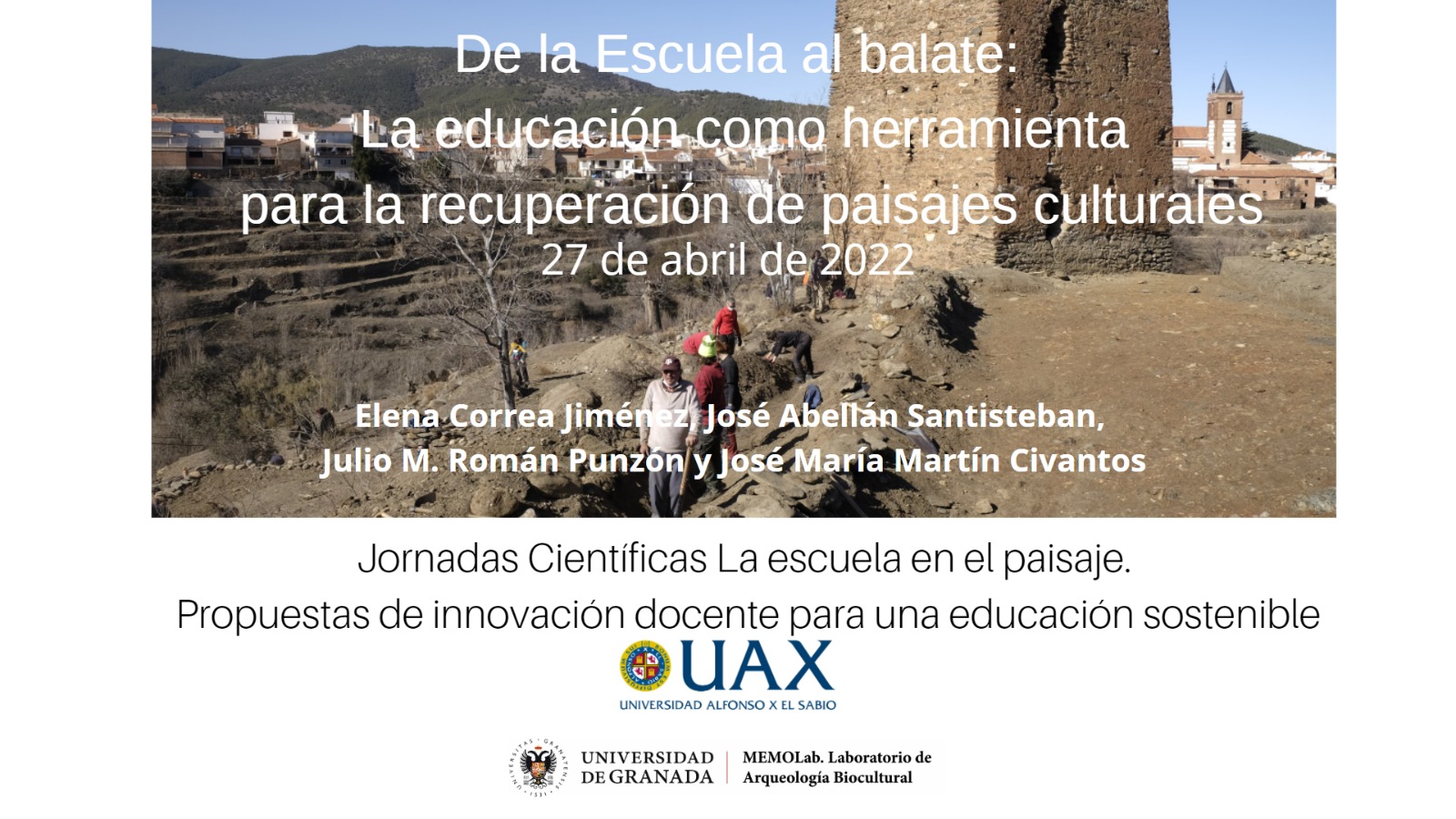
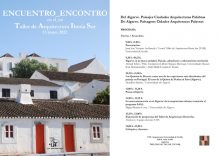
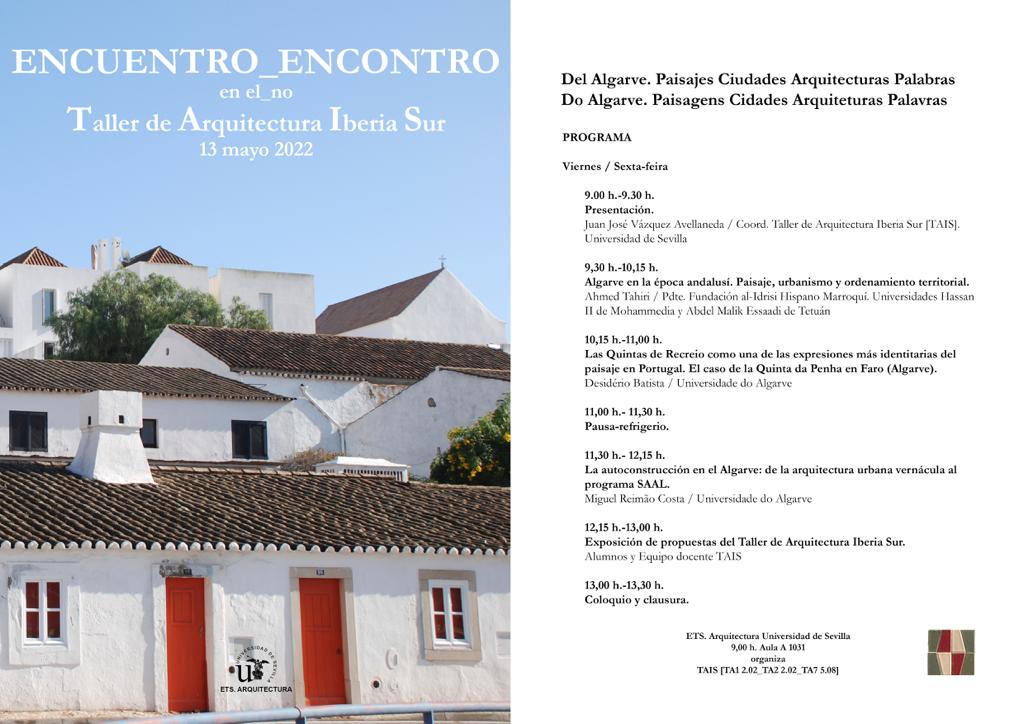
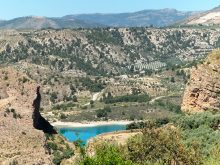
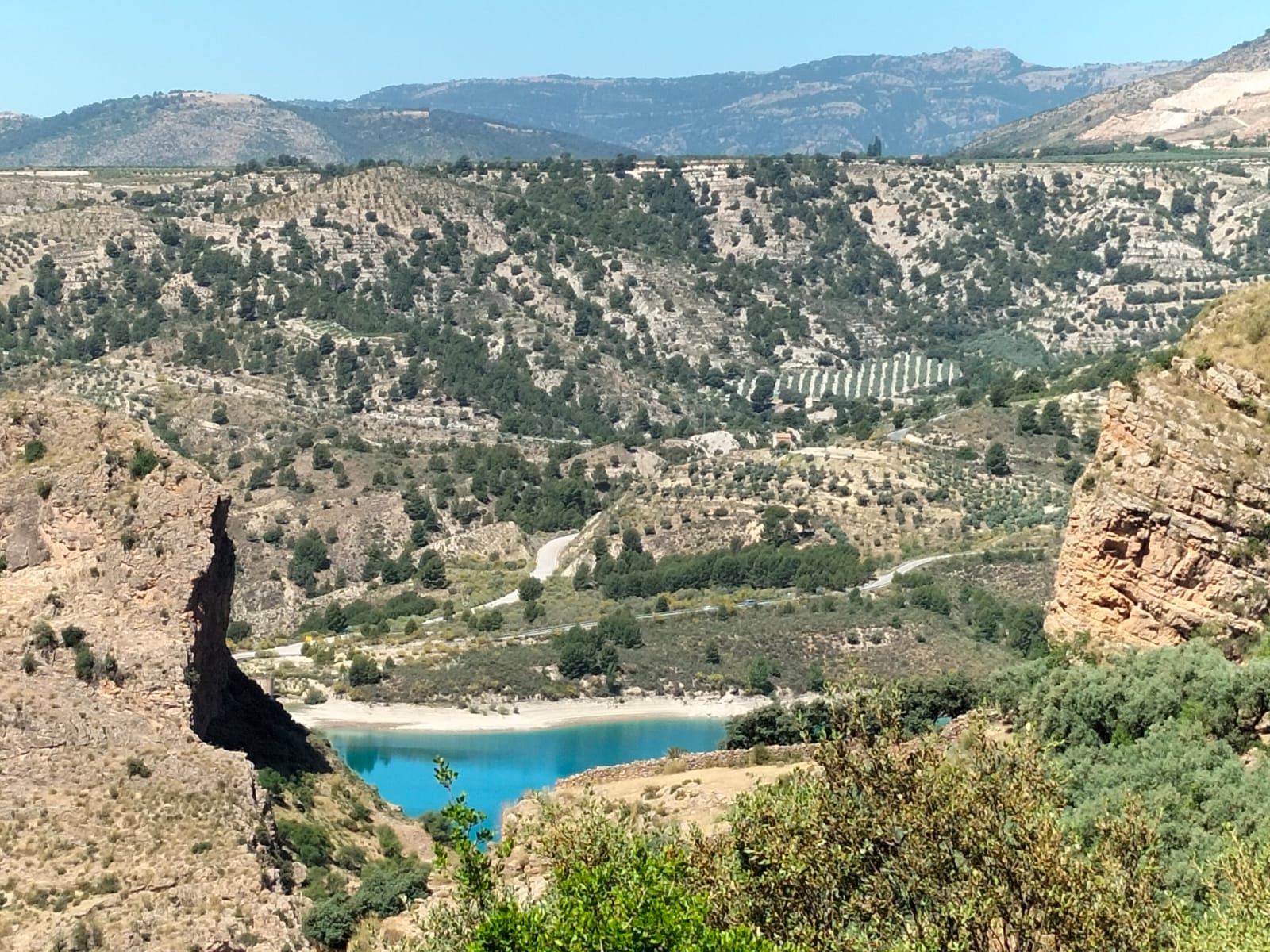



























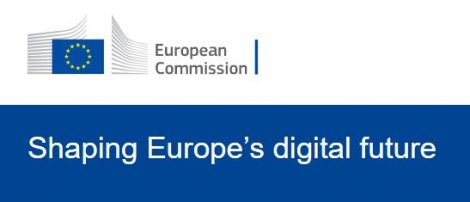

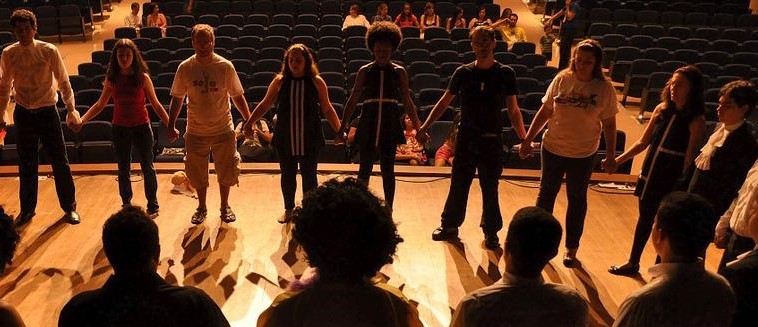
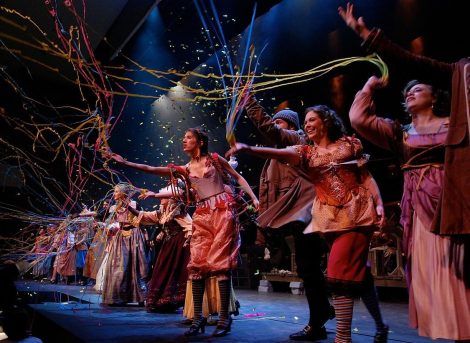 More information at:
More information at: 
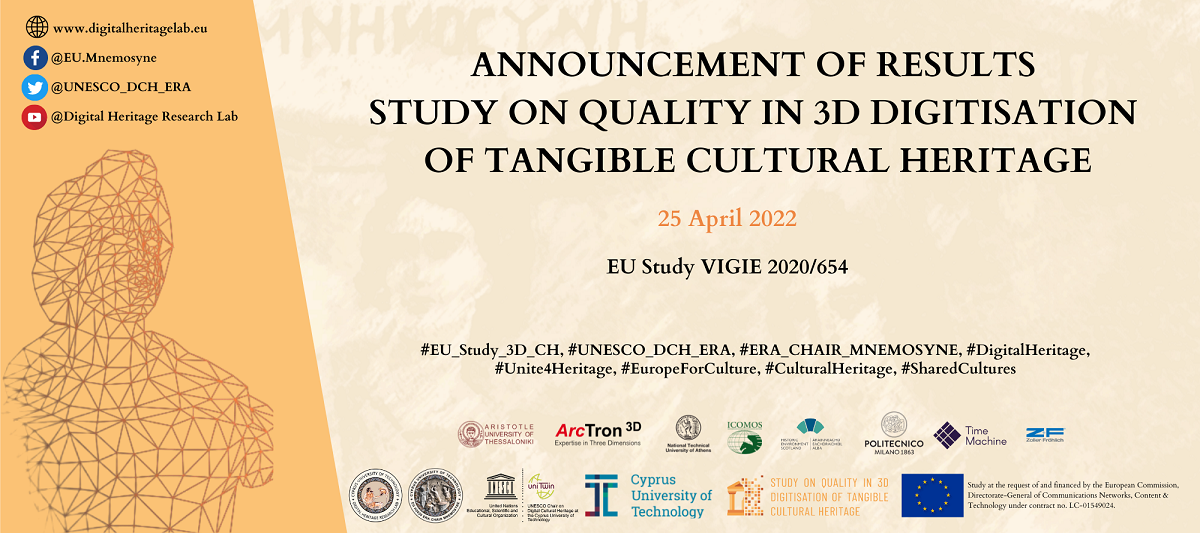


 If you have interesting news and events to point out in the field of digital cultural heritage, we are waiting for your contribution.
If you have interesting news and events to point out in the field of digital cultural heritage, we are waiting for your contribution.

